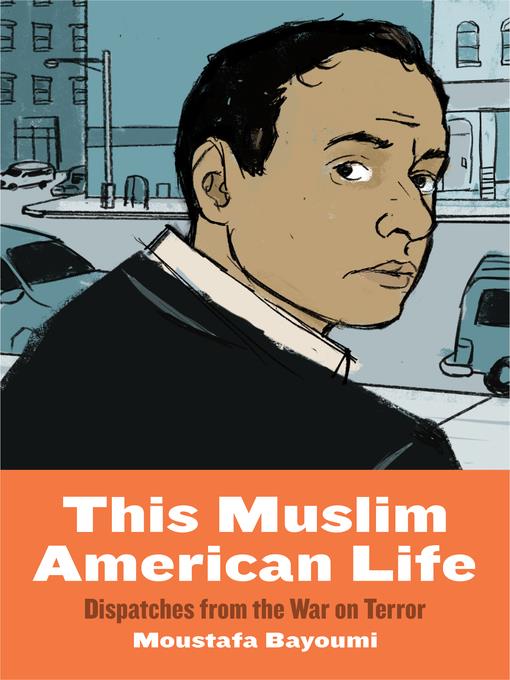
This Muslim American Life
Dispatches from the War on Terror
کتاب های مرتبط
- اطلاعات
- نقد و بررسی
- دیدگاه کاربران
نقد و بررسی

June 29, 2015
In this initially intriguing but ultimately disappointing collection of essays published between 2001 and 2012, Brooklyn College English professor Bayoumi (How Does It Feel to Be a Problem?) addresses Muslim-American life from four angles: history, theory, politics, and culture. Regarding history, Bayoumi reflects upon African-American Islam and immigration law, from the quotas limiting the number of non–Northern Europeans allowed to emigrate to the U.S., which were only repealed in 1965, to more recent legislation passed during the “war on terror.” For theory, he draws heavily on Orientalism, Edward Said’s classic 1978 study, disparaging the bestselling works of Irshad Manji, Ayaan Hirsi Ali, and Reza Aslan and judging Efraim Karsh’s The Arab Mind “trash scholarship.” He reports throughout on the surveillance, racialization, and racial profiling of Muslim-Americans and on how the War on Terror is presented in television programs such as 24 and movies such as Zero Dark Thirty. Bayoumi juxtaposes his own experiences (an extra on Sex and the City, his citizenship ceremony, his earlier book) with more general information (early litigation involving immigrants, the use of loud and offensive music in “torture lite,” ideological links between WWII-era internment of Japanese-Americans and War on Terror–era Islamophobia.) Unfortunately, the redundancies inherent in a collection of previously published articles give the book a dull and dated quality, though Bayoumi’s subject matter is certainly neither. Agent: Katherine Fausset, Curtis Brown.

Starred review from September 1, 2015
The 2001 terrorist attacks in the United States led to, among other things, sweeping arrests, incarceration, and deportation of many Arabs and Muslims, largely based on their immigration status or national origin. In this book, Bayoumi, an American scholar of Arab origin (English, Brooklyn Coll., City Univ. of New York; How Does it Feel To Be a Problem?) examines how contemporary American politics and social mores have produced a culture of fear and suspicion that has affected U.S. civil liberties. In a series of fascinating essays, the author's narrative places the predicament of Arabs and Muslims in today's America in a broader historical and sociocultural framework. The book's first section focuses on the historical evolution of these groups in this country. The second part analyzes theoretical issues, particularly the lingering impact of what the late Edward Said referred to as "Orientalism" on "knowledge production" about Arabs and Muslims. The third segment examines the political consequences of the "War on Terror" on Muslim Americans and provides a useful overview of political measures that have complicated the landscape of their everyday life. Finally, Bayoumi probes the development of the societal representation of Muslims in America and how culture has been used as a weapon of war. VERDICT This engrossing book challenges the entrenched sociocultural stereotypes about Arabs and Muslims; recommended for all readers.--Nader Entessar, Univ. of South Alabama, Mobile
Copyright 2015 Library Journal, LLC Used with permission.

























دیدگاه کاربران